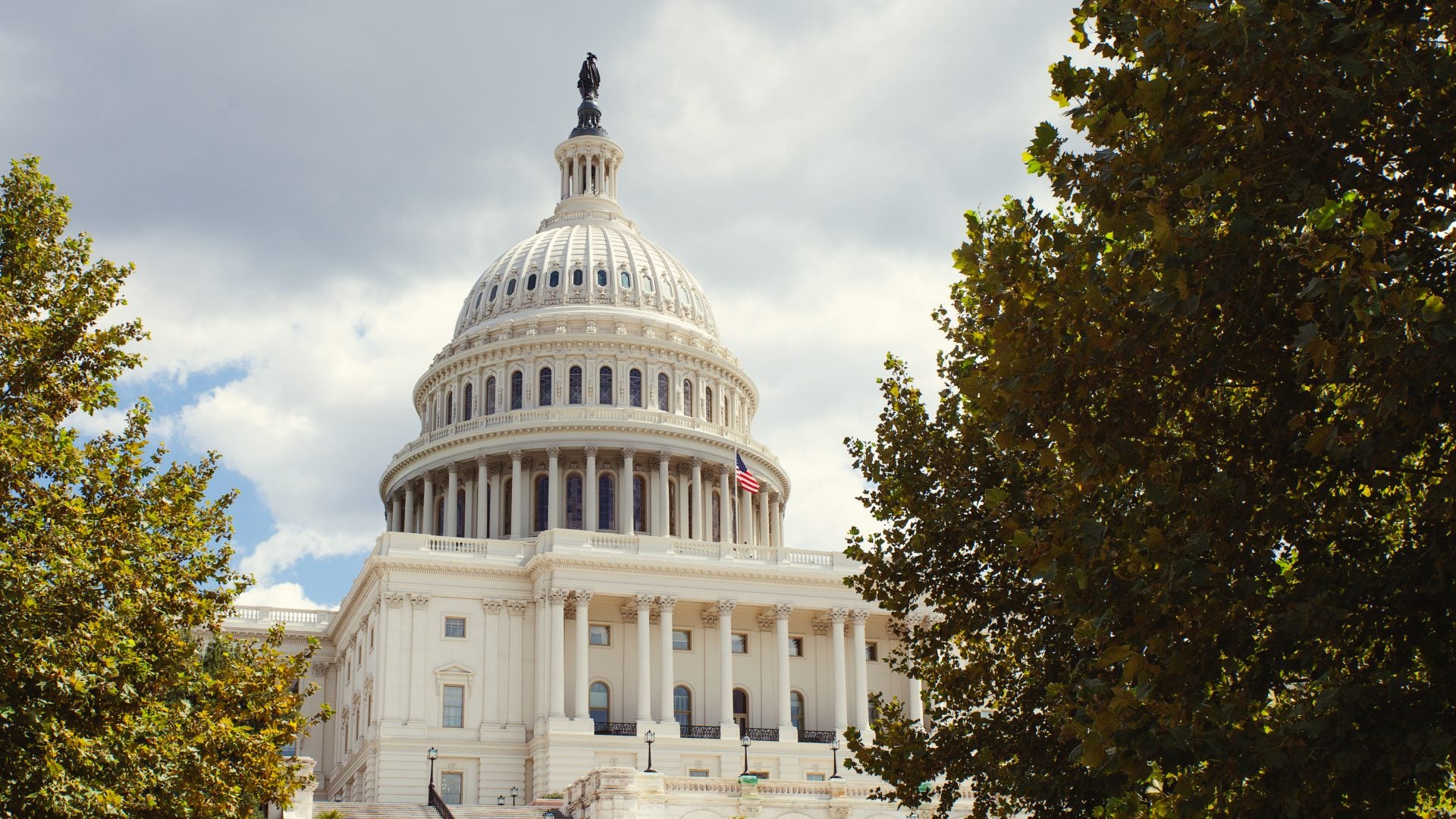
Several Black lawmakers on Capitol Hill have introduced sweeping measures aimed at reducing gun violence and improving public safety, specifically with proposals that involve investments in communities.
Senator Cory Booker (D-NJ), along with Rep. Lisa Blunt Rochester (D-DE) and Rep. Steven Horsford (D-NV) recently re-introduced The Break the Cycle of Violence Act in the 117th Congress.
The measure would provide billions in federal grant monies to communities for evidence-informed gun violence intervention and prevention programs designed to interrupt cycles of violence. Among its provisions, the bill would create a $1.5 billion grant program to provide job training, education, apprenticeship, skilled trades training and other programs for youth in communities disproportionately impacted by gun violence.
In the nation’s urban centers, homicide rates are nearly 20 times the national average and have a disproportionate impact on young people of color. In fact, Black men and boys, who make up just 6 percent of the U.S. population, account for 63 percent of all homicide victims.
From 2015 to 2019, African-American children and teens were 14 times as likely to be shot to death as their white peers. Latino and Native American youth were both nearly three times as likely to be shot to death as their white peers.
“Often when we talk about gun violence, the discussion focuses on deadly mass shootings, but in my community in Newark (N.J.) and urban cities across the country people are experiencing this on a daily basis,” said Senator Booker in a statement. “The gun violence epidemic that is ravaging our urban communities has been overlooked for too long, even as many communities have gun injury rates similar to war zones. It’s going to take bold, innovative, and smart ideas to tackle this challenge and keep our cities safe.”
It’s “all of our obligation” to break the cycle of violence and recognize it as a public health issue, Rep. Blunt Rochester noted. “The [bill] invests in the kind of wraparound services that can not only help address the symptoms of violence we see in our communities but also address the root causes of that violence. This historic legislation will not only help break the cycle of gun violence—it will help create opportunity for our young people and help our communities thrive.”
For Congressman Steven Horsford the legislation is deeply personal. “Twenty-eight years ago… my father was shot and killed in a senseless act of gun violence. In countless communities like mine, violence has robbed children of their parents and stripped young people of their futures,” he said in a statement. “We need smart, bold solutions to stop violence and keep families safe.”
That’s not the only measure moving through Congress that seeks to address the issue of violence without punitive measures.
The People’s Response Act has been introduced by Rep. Cori Bush (D-MO). It would fund community-based, health-centered, non-carceral investments in public safety to fill critical gaps in the public safety system. The measure would provide grants at the state and local levels for organizations to develop and support pilot community-based programs.
In a statement, Bush described the bill as a continuation of the work that the people of St. Louis and advocates nationwide have been deeply engaged in since the 2014 police killing of 18-year-old Michael Brown Jr. in Ferguson, MO.
“As an activist who stood on the frontlines of the Ferguson uprising…and through the summer of protests for George Floyd and Breonna Taylor last year, I believe that our legislation should be responsive to the demands of those of us who risked our lives in pursuit of justice,” said Bush. “That demand has always been clear: thriving communities, homes, clean air, and the chance to live a life unencumbered by trauma and senseless violence. This Act brings together a broad coalition of health professionals, advocates, teachers, mental health professionals, peers, counselors, social workers, and movement leaders to build an agency that is rooted in a holistic approach to public safety.”
The Biden-Harris administration has also announced a comprehensive strategy designed to reduce crime and shift the epidemic of gun violence in America.
Last week, President Joe Biden was joined by Attorney General Merrick Garland at the White House to lay out a series of measures aimed at protecting public safety.
The steps include Justice Department initiatives to stem the flow of guns into cities and towns nationwide, including holding rogue firearms dealers accountable for gun weapons that end up trafficked across state lines. There will be increased funding of evidence-based community violence intervention programs and other resources for underserved communities. The plan also helps formerly incarcerated individuals re-enter their communities.
“We have an opportunity to come together now—as Democrats and Republicans, as fellow Americans to fulfill the first responsibility of government and our democracy: to keep each other safe,” said Biden.
Back in April, President Biden, Vice President Kamala Harris, and Garland spoke from the White House Rose Garden to announce a series of executive actions on gun safety.
Several members of the Congressional Black Caucus (CBC) had positive responses to the announcement.
Rep. Lucy McBath (D-GA) said in part: “…the Biden Administration announced additional steps to address the epidemic of gun violence. These actions do more to support local law enforcement and invest in our communities to reduce and prevent violent crime.”
Rep. Dwight Evans (D-PA) noted: “I am glad Philly will have this opportunity to become a leading city in preventing Gun Violence and expanding public safety. This problem isn’t limited to Philly—it’s happening across the country.”